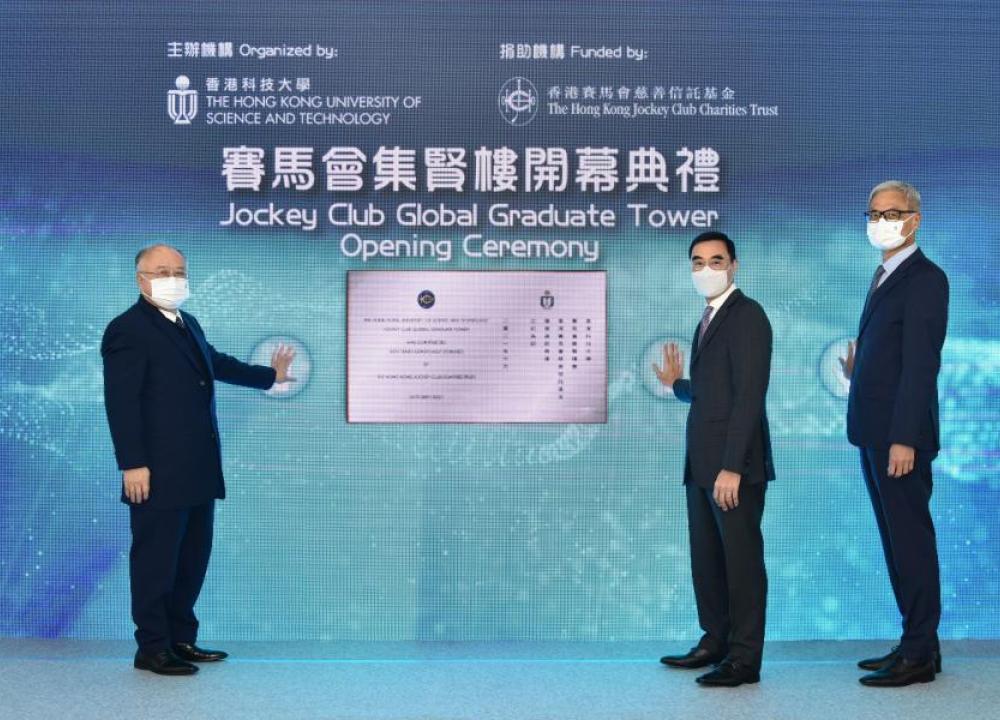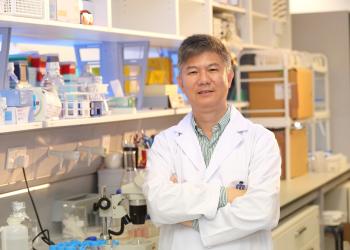News & Stories
2021

Stories
The Power of Being Your True Self
Prof. Rhea LIEM's career is one that has been forged in adversity. A convergence of crises, both familial and societal, led to her making decisive career choices at a young age. “My life was turned upside down, but actually in a good way," says Prof. Liem, Assistant Professor of Department of Mechanical and Aerospace Engineering, who recently won the University Grants Committee (UGC) Teaching Award 2021 under the category of Early Career Faculty Members.

News
HKUST Builds Green Living Hub for Students
The Hong Kong University of Science and Technology (HKUST) celebrated today the opening of Jockey Club Global Graduate Tower (the Tower) – a new hostel supported by The Hong Kong Jockey Club (HKJC), that offers a total of 504 bed spaces for the University’s research postgraduate (RPg) students. The new tower not only comes with innovative green features which earned it a prestigious green building award, but is also a testing ground for a sustainability project that aims to cut energy consumption and change hall residents’ behavior towards a more sustainable lifestyle.

News
HKUST Research Shows Growing Dominance of Diatom Algae in the Pearl River Estuary
It is a common perception that waters close to population would be more polluted than those offshore or at higher latitudes. However, researchers from The Hong Kong University of Science and Technology (HKUST) found that the ratio between two common microalgae diatom and dinoflagellate (dino) – a common benchmark of water quality, has been nearly doubled in the Pearl River Estuary (PRE), one of the world’s most urbanized subtropical coastal waters, over the past two decades.












